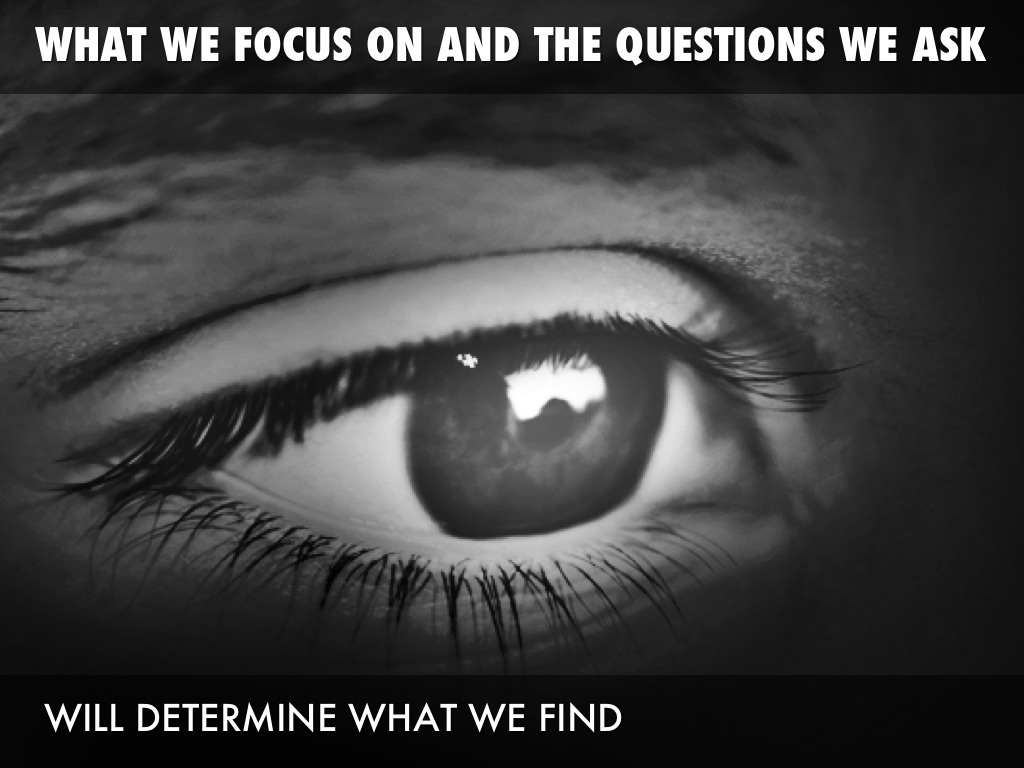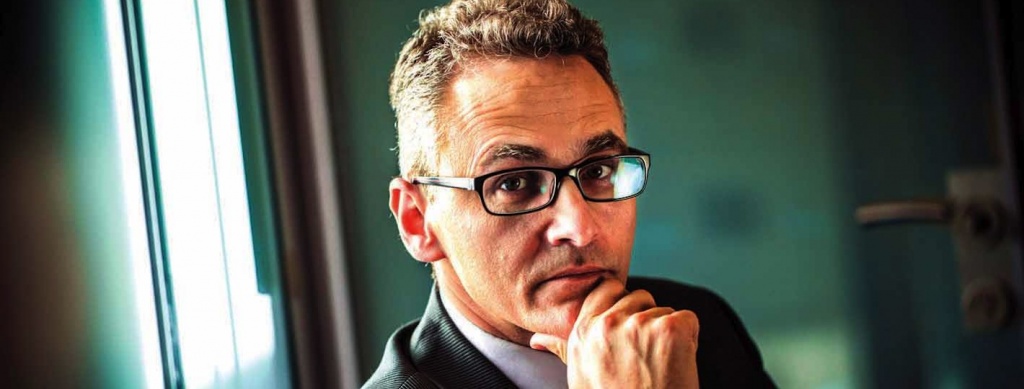Leadership
6 Reasons An Arts Education Makes Good Business Sense
As an executive coach with a degree in fine art, I’m often asked. “How did you go from artist to executive coach”? It’s a fair question. To clarify, in between I did spend a huge chunk of my career running a small media company, with P&L, revenue, budgeting, hiring and leadership responsibilities. But the transferable…
Read MoreAppreciative Inquiry = Strengths based Leadership
Have you noticed that problem solvers never run out of problems to solve? The old Harvard Business School model of problem solving is inadequate in today’s business environment. When we focus on solving problem, we actually invite more problems. Organizations are beginning to understand the power of focusing on strengths in order to accelerate growth.…
Read MoreDoes Rudeness Really Matter?
In three experimental studies, Christine L. Porath provides an empirical test of how rudeness affects task performance and helpfulness. Different forms of rudeness—rudeness instigated by a direct authority figure, rudeness delivered by a third party, and imagined rudeness—converged to produce the same effects. Results from these studies showed that rudeness reduced performance on routine tasks as well…
Read MoreYou Can’t Fix a Bad Manager
In his introduction to the recent ‘State of American Management’ report, Gallup’s Chairman and CEO, Jim Clifton, offers the following… “Most CEOs I know honestly don’t care about employees or take an interest in human resources. Sure, they know who their stars are and love them — but it ends there. Since CEOs don’t care, they put…
Read MoreBuilding Trust
Trust is the linchpin to any relationship. And managing relationships is essential to working in a team setting, and to business success, period. For a number of complex reasons, trust is also the rarest and most difficult domain to conquer in organizations. For example, we tend to equate vulnerability with weakness. So, we never want…
Read MoreHow do you keep your team aligned and focused around what matters most?
Projects of critical importance and impact are almost always done in a team setting. In fact, the ability to function at a high level within a team setting is what defines great companies. But not all of us understand the skillset required to be a great teammate. The impulse to achieve individual results and be…
Read MoreCommunicating Bad News
At present, the single greatest risk from the Ebola virus is managing communications around its threat, informing citizens in ways that inspire smart behaviors and avoid widespread panic. Misinformation invites irrational behavior, which in turn invites more misinformation. As cable news network health pundits and other informed sources are pressed to provide facts on things…
Read MoreBehavioral Insights: Finding What Works
Behavioral science has proven that subtle choices in framing a message can have a significant impact on outcomes and can dramatically improve transactions. The UK and other nations have begun to aggressively use behavioral insights to make subtle but meaningful changes in the delivery of government services. Their rapid iteration testing and experiments have the…
Read MoreCommunication
“Utility cannot be divorced from emotion… A theory of choice that completely ignores feelings leads to prescriptions that do not maximize the utility of outcomes as they are actually experienced. “Simplified: Employees pretty much do what they feel like doing. So, as a communicator, our greatest source of power is your ability to influence the…
Read MoreHuman Resource Executives as Change Architects
Change is constant. Companies are continually up against forces that put pressures on them to adjust their strategies. Economic swings, technology changes, globalization, increased competition, and demographic shifts are examples of these forces. It can be a big event or, more likely, a series of small ongoing changes. The question is, how will companies…
Read More





